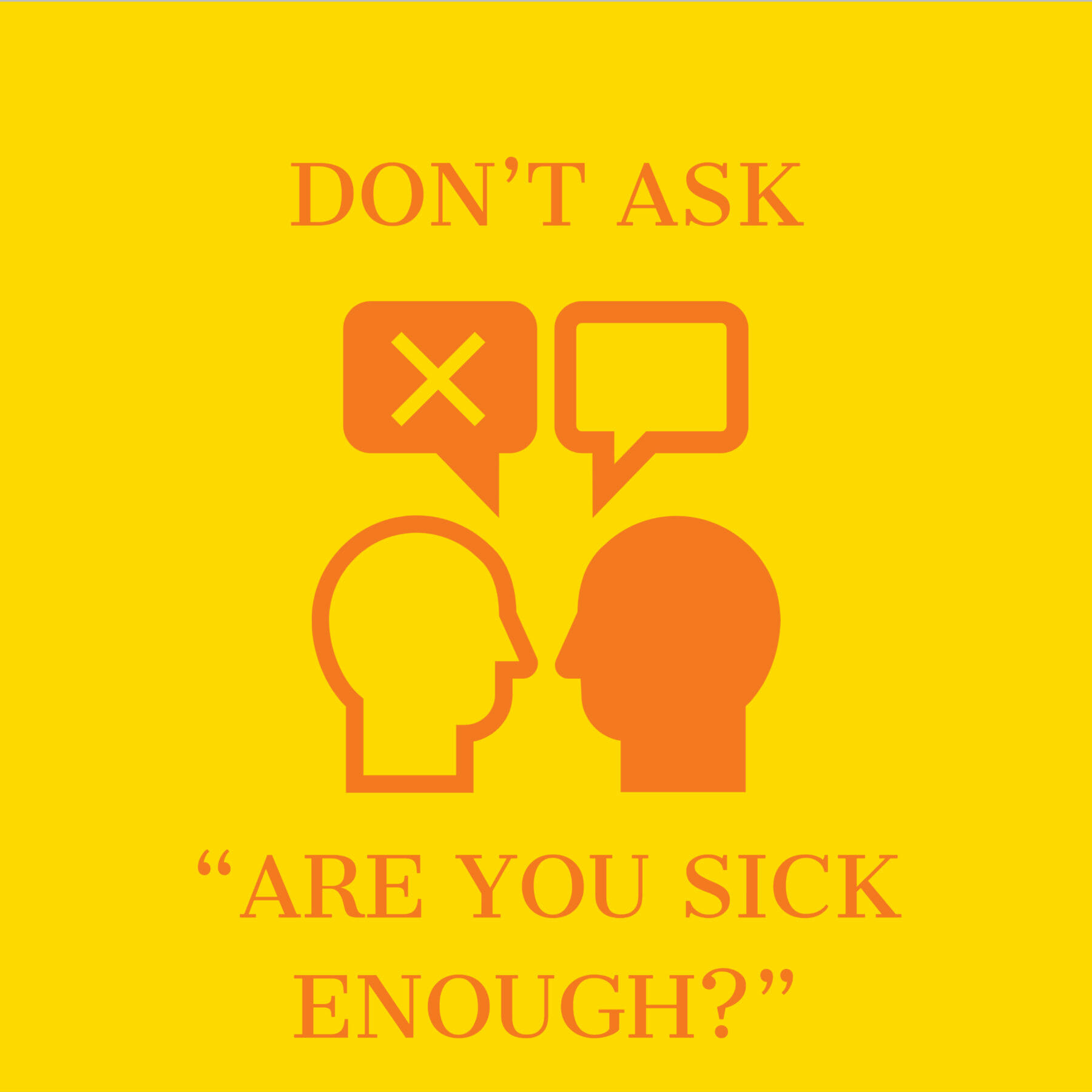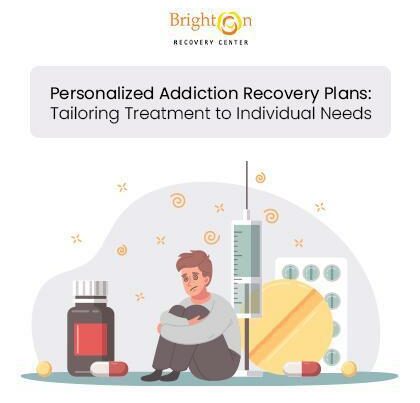Don’t ask if you are “Sick Enough” for Treatment

Each person may have a different tipping point that can prompt them to wonder if it may be time to seek professional help with overcoming an addiction to drugs or alcohol. It is a crucial time when an individual decides that they want to make a substantial change or acknowledge a sense of losing control over their daily lives. It is a profound experience and one that can define a person’s goals throughout the entire recovery process. However, if a person is unsure if they need to get help for an addiction, asking if they are “sick enough” can be incredibly damaging.
Recovery and Addiction Look Different for Each Person
The first problem with asking if someone is “sick enough” or “addicted enough” to require professional help is that, oftentimes, a person is then measuring themselves against a pre-set metric or another person’s experiences. However, not all people will respond to drugs, alcohol, or any other kind of addictive substance in the same way. For example, having two drinks doesn’t mean that everyone feels the same level of intoxication after the same amount of alcohol.
Another approach may measure one’s use of drugs or alcohol by addressing the frequency of use, rather than how much is consumed at a time. However, this approach also may not tell the full story. Someone may only drink once a month, but find themselves unable to control their drinking when they start and often reach a dangerous level of intoxication. Even if they are not frequently drinking, their relationship with alcohol may also need to be addressed.
Having a single metric in which to measure if a person is or isn’t suffering enough from addiction can leave many blind spots and can allow an addiction to continue to develop unchecked. Addiction doesn’t look the same for every person. While some people may not be able to regulate themselves when they engage with drugs or alcohol, others may find themselves never getting debilitatingly drunk or high, but instead are taking small doses around the clock every day. As a result, it can be very difficult to decide what is “sick enough” for someone to need help with a substance use disorder.
Arguing With Yourself
Some people may also feel very introspective about their use, but this kind of “yes or no” question can further muddy the discourse. It is very possible that a person may know that they have a dangerous relationship with drugs or alcohol but can use the stance that they aren’t “sick enough” for treatment in order to mitigate the seriousness of the problem or engage in a self-imposed denial. It can also facilitate a sense of unhealthy comparison as a person may think that because they don’t drink or use drugs as frequently as someone else, then they must have things under control. Recovery, at its core, is a personal journey that is meant to help each person accomplish their own goals outside of the confines of drugs or alcohol and includes many skills that are useful both inside the recovery sphere and out.
Get Ahead of the Problem
Some people come to realize that their drinking is a problem only after getting fired from a job, getting a DUI charge, or failing a drug test on an important job opportunity. This can be the motivation that a person needs to see that they have a substance use problem and need to get help. However, recovery doesn’t have to start only when someone reaches their absolute lowest point. Instead, treatment can be pursued preemptively in order to prevent such problems from occurring. Because substance use can be a complicated disorder, there are multiple approaches to recovery available, like a sober living, intensive outpatient care, or inpatient treatment, in order to address the various ways that addiction may affect someone’s life at any point while helping instill the proper level of care pertinent to each individual.
Overcoming Your Personal Hurdles
Being “addicted enough” or “sick enough” to seek help can often lead to a person waiting until the situation becomes dire to get the help they may need. However, a person doesn’t have to use drugs every day or drink until they blackout every time in order to benefit from a recovery program. Addiction recovery is about learning to cope with one’s use of drugs or alcohol that may be hindering them from accomplishing other things in their lives. For some, this can be that their use is causing them professional troubles or personal medical issues. Others may feel like they cannot get to sleep well without having a drink before bed or can’t get moving without spiking their coffee, regardless of how it may affect them otherwise on a professional level. Recovery will always be personal and a much better question to ponder is “Has my use negatively affected any other aspects in my life?” What that means to each individual will be different, but it can help each person better explore their relationship with drugs or alcohol and the various next steps available to them.
Recovery and addiction will mean different things to different people. At Brighton Recovery Center, we know that your journey with drugs, alcohol, and any co-occurring mental health disorders is a very personal experience and can personalize a plan for you to help you reach your own goals in sobriety. Addiction is a complicated disease that can manifest differently and we offer a number of different kinds of care to help address each unique individual’s needs through the recovery process. Detox, sober living, partial hospitalization programs, intensive outpatient programs, and family programming are all available on our extensive, beautiful campus, filled with a number of opportunities for you to personalize your own recovery journey, from movement therapy, art therapy, yoga, and much more. For more information on how we can individualize your time with us or to talk to a caring, trained staff member about your unique situation, call us today at (844) 479-7035.



